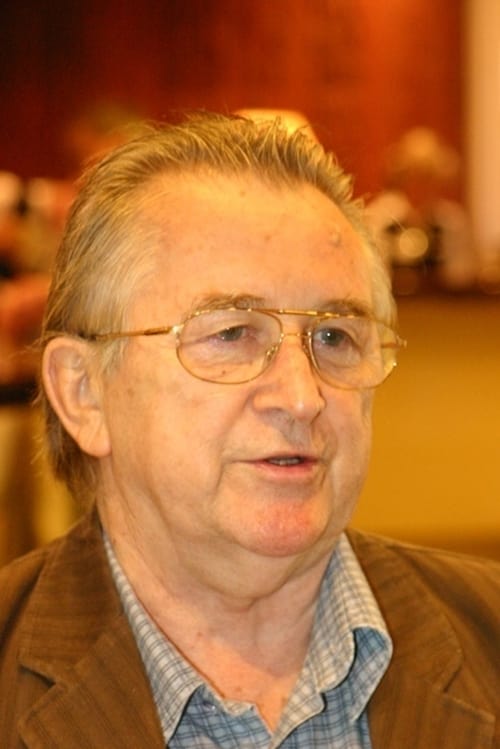
Kazimierz Kutz
출생 : 1929-02-16, Szopienice (obecnie Katowice), Polska
사망 : 2018-12-18
약력
Kazimierz Kutz was born February 16, 1929, in Szopienice, since 1960 district of Katowice, to a railway worker and a former partisan of the Silesian Uprisings. After the World War II Kutz graduated from gymnasium in Mysłowice and in 1949 was admitted to the Łódź Film School. After finishing his studies in 1954 he started working as an assistant to Andrzej Wajda.
His film debut was Cross of Valor (1959). Since then he finished more than 20 pictures, including six about his home region - Silesia. He is also famous for directing theatre plays on some of the most prominent scenes of Poland, including the Teatr Stary in Kraków and National Theatre in Warsaw, as well as several plays for the Polish television. In 1972, he founded the Silesia Film Company in Katowice and, until 1978, was its Artistic Director.
In the 1970s he became the main director of the Polish Television branch in Katowice. He was also working for several branch and cultural organisations. After the Martial Law had been imposed in Poland in 1981 Kutz was interned by the communist authorities, but was released soon afterwards. Between 1981 and 1983, lectured in the Radio and Television Faculty at Silesian University in Katowice, and, between 1985 and 1991, taught directing at the Higher Theatre School in Kraków. Since 1987, was Principal Director in the Polish Television Centre in Katowice and, between 1990 and 1991, headed the Centre. After the peaceful transition to democracy in 1989 Kutz became the head of the Polish TV branch in Kraków (until 1991).
For his involvement in the matters of Silesia, and for his films depicting the traditions and problems of that part of Poland, he is considered by some the spokesman of all Silesians. In a plebiscite organised by Gazeta Wyborcza newspaper he was chosen the third most famous Silesian ever and the first among the living people. In 1997 he was awarded with the title of doctor honoris causa by the University of Opole. He is currently a promotor and patron of several Silesia-based cultural feasts and societies, including the Festiwal Filmów Kultowych, Festiwal Sztuki Reżyserskiej, Cultural Congress of the Upper Silesia, Council of Culture of the Silesian Voivodship, Academy of Fine Arts in Katowice and Committee for the Construction of Silesian Museum. He is also one of the supporters of development of the Silesian language.
His 1995 film Reverted was entered into the 19th Moscow International Film Festival.
In 1997 Kutz took part in the elections to the Senate of Poland (from the list of Freedom Union party, Katowice constituency) and was supported by approximately 500,000 Silesians. In 2001 he was elected for his second term as a non-partisan candidate, and in 2005 re-elected for the third term. Currently he is the deputy speaker of the Senate of Poland. For his social involvements, he was awarded with many of the highest Polish awards.
Kazimierz Kutz is married to Iwona and has two sons (Gabriel and Tymek) and two daughters (Wiktoria and Kamila).
From Wikipedia, the free encyclopedia
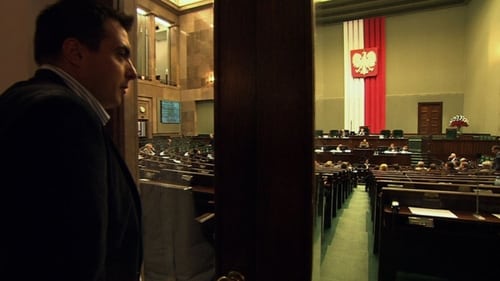
Himself
Unfulfilled promises of politicians, victims of the system, backstage of election campaign.
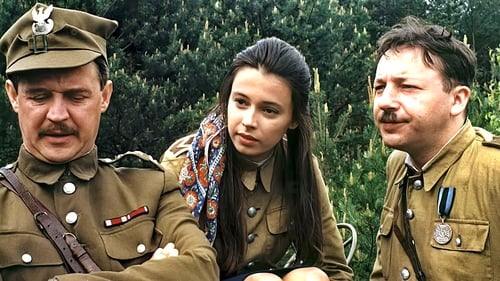
Director

Writer

Director

Screenplay
Young democracy activist is being chased by police in a very funny way.

Director
Young democracy activist is being chased by police in a very funny way.
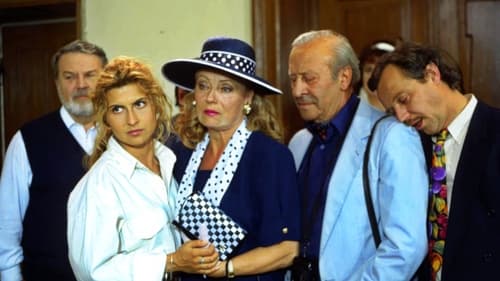
Director
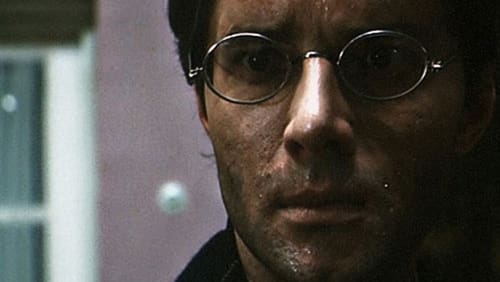
Writer
Set during the World War II. Story follows a young officer, returning home after lost September 1939 campaign, who organizes an underground network, but is betrayed by a girl who had more interest in him than the cause.

Director
Set during the World War II. Story follows a young officer, returning home after lost September 1939 campaign, who organizes an underground network, but is betrayed by a girl who had more interest in him than the cause.
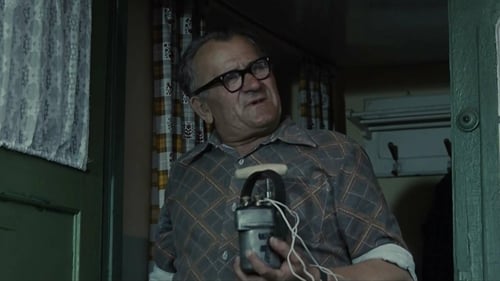
Writer
The crusty hero, Habryka, is an old miner who has won many worker medals and is now retired with his youngest son and latter's family living with him. To build new apartment buildings, the old houses are being bought out, the residents given apartments in the new houses, and being cleared away. But Habryka refuses to sell.

Director
The crusty hero, Habryka, is an old miner who has won many worker medals and is now retired with his youngest son and latter's family living with him. To build new apartment buildings, the old houses are being bought out, the residents given apartments in the new houses, and being cleared away. But Habryka refuses to sell.

Director

Writer
Young PZPR activist gets in conflict with corrupt district party dignitaries

Director
Young PZPR activist gets in conflict with corrupt district party dignitaries
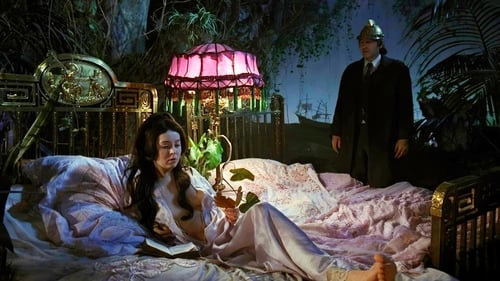
Art Department Manager
주인공이 긴 기차 여행을 한 후에 도착한 요양원은 조그만 다리와 검은 숲을 통과한 곳에 위치하며 검은 개들이 출몰한다. 요양원 마을에서 시간은 제멋대로 흘러간다. 사람들은 죽음과도 같은 잠에 빠져들어 몇 시간, 혹은 며칠씩을 듬성듬성 잃어버린다. 주인공은 마을에서 도망쳐 나오지만, 이미 모래시계 속에 갇혀버린 듯, 그에게 탈출구는 없다.
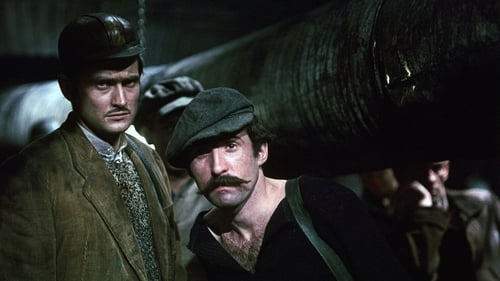
Writer
Film set during the Silesian Uprising in the 1920's. The German owners of a mine decide that it is unprofitable and want to close it by flooding it. The miners go on strike.

Director
Film set during the Silesian Uprising in the 1920's. The German owners of a mine decide that it is unprofitable and want to close it by flooding it. The miners go on strike.
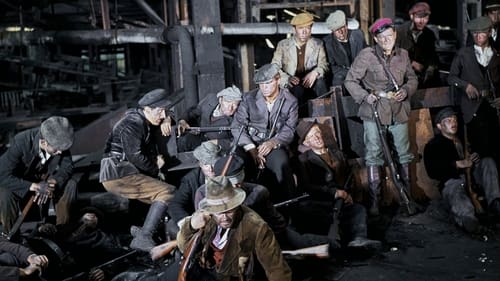
Writer
20세기 초, 당시 바이마르 공화국의 영토에 속한 실레지아에는 오랜 기간 폴란드의 정체성을 지켜온 노동자들이 살아왔다. 이들은 1919년부터 21년까지 세 번의 봉기를 일으켰고, 결국 실레지아 북부 지역은 폴란드의 영토가 되었다. <검은 대지의 소금>은 실레지아 봉기를 배경으로 한 카지미에시 쿠츠의 3부작 중 첫 번째 작품으로, 봉기에 참여한 일곱 형제의 이야기를 그린다. 긴 호흡으로 그린 전쟁의 사실적인 모습이 인상적인 작품.

Director
20세기 초, 당시 바이마르 공화국의 영토에 속한 실레지아에는 오랜 기간 폴란드의 정체성을 지켜온 노동자들이 살아왔다. 이들은 1919년부터 21년까지 세 번의 봉기를 일으켰고, 결국 실레지아 북부 지역은 폴란드의 영토가 되었다. <검은 대지의 소금>은 실레지아 봉기를 배경으로 한 카지미에시 쿠츠의 3부작 중 첫 번째 작품으로, 봉기에 참여한 일곱 형제의 이야기를 그린다. 긴 호흡으로 그린 전쟁의 사실적인 모습이 인상적인 작품.

Writer

Director

Director

Director
Musical directed by Kazimierz Kutz.

Writer
Set in a small Polish town just after the war, the story of an unruly teenager who constantly taunts the old priest. One day the youth has a horrible accident, which the villagers call divine punishment.

Director
Set in a small Polish town just after the war, the story of an unruly teenager who constantly taunts the old priest. One day the youth has a horrible accident, which the villagers call divine punishment.

Writer

Director
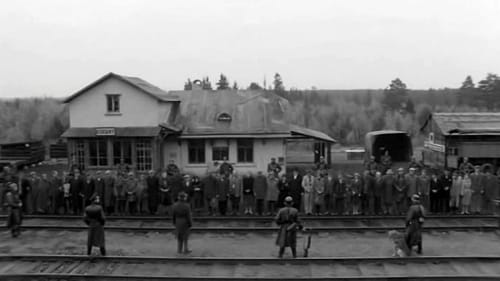
Director
A group of people find themselves stuck in remote train station in German-occupied Poland. A drunk German station guard there gets paranoid and sees partisans all around him, phones headquarters, and when the German soldiers arrive and search the station they find a gun. They then threaten to execute every fifth person unless someone claims it.

Director
"In 1960 Kazimierz Kutz' second film NIKT NIE WOLA / NOBODY'S CALLING, based on a Jozef Hen novel that was never published in Poland, described the fate of Poles on the Eastern Front. Kutz used the film to explore new formal solutions, collaborating closely with cinematographer Jerzy Wojcik to reveal the psychological landscape of a pair of lovers who are strongly affected by wartime events. The camera recorded the couple's inner experiences, contrasting their muted intimacy against the surrounding scenery of a ruined town. The film did not win over critics at the time of its release. It was not until later that critics recognized Kutz's effort to experiment with aesthetics in a manner akin to that pursued by filmmakers of the new wave. NOBODY'S CALLING came to be compared with Michelangelo Antonioni's THE ADVENTURE, which was produced around the same time."
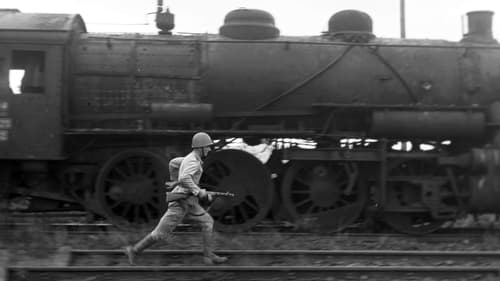
Writer
Three episodes showing the repercussions of war. A soldier is awarded with the Cross of Valor and vacation to home. But instead of his village, he finds only the charred ruins. A stray dog turns out to be the former guard at Auschwitz. A young widow is hailed as the wife of the hero but dreams of something else.

Director
Three episodes showing the repercussions of war. A soldier is awarded with the Cross of Valor and vacation to home. But instead of his village, he finds only the charred ruins. A stray dog turns out to be the former guard at Auschwitz. A young widow is hailed as the wife of the hero but dreams of something else.
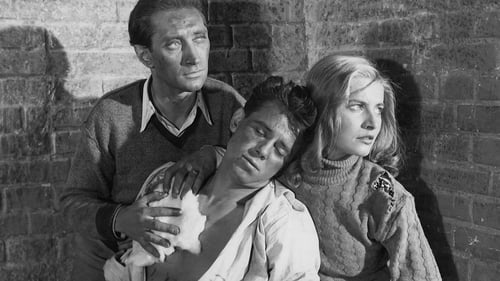
powstaniec w kanale (nie występuje w napisach)
1944년, 독일군은 바르샤바를 포위하고 폴란드인들은 처절한 저항을 이어간다. 폴란드군의 자드라 중위는 부하들과 함께 수로를 이용해 후퇴하라는 명령을 받지만 전우들과 함께 마지막까지 싸울 생각이었던 그는 심각한 고민에 빠진다.
1950년대, 감독 안제이 바이다의 주된 관심사는 독일에 의해 파괴된 조국의 고통스러운 현실을 치열한 역사의식으로 재구성하는 것이었다. <카날>은 전쟁의 포화로 초토화된 지상의 상황과, 국가적 이념과 인간적 가치 사이에서 갈등하는 지하의 고립된 인물들을 교차 편집하며 역사와 인간성이라는 두가지 화두를 심도 있게 탐구한 걸작이다. 1957년 칸영화제 심사위원 특별상을 수상하면서 바이다를 전세계에 알린 작품이기도 하다.
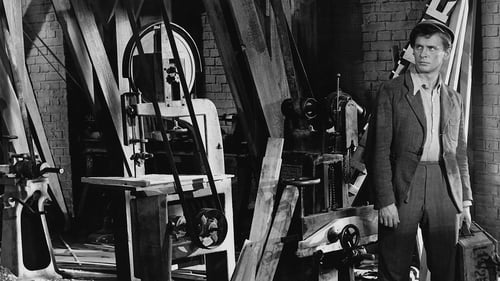
Członek GL (niewymieniony w czołówce)
독일 점령기에 폴란드 민족진영의 주도로 일어난 1944년의 바르샤바 봉기중 레지스탕스 활동을 벌인 폴란드 젊은이들의 이야기를 다룬 영화.

Director
Kazimierz Kutz's student film. While playing soldier a boy is told to stand guard, but his friends finish the game, forget all about him, and go home. He stays there into the night not daring to move from the spot because he'd given his word of honor he wouldn't move until ordered.

himself
The main character of "Żyłem siedemnaście razy" reflects on his childhood in Gwoździec and tells a story about the beginning of his career as a filmmaker.















